Igor Torves has always led an active lifestyle.
Between sports like judo, climbing and running, and a lifelong career in the military, he’s always kept moving.
But Igor’s story and path through life have been anything but traditional.
He grew up in Brazil and joined the Brazilian Marines at the age of 18, when he had few – if any – other options for employment. Through his career and with structure and guidance, he became a special forces soldier, which granted him opportunities to work alongside American soldiers. That opportunity became a desire to learn English, come to America, and to serve the country and its people.
“The military was calling for me,” he says. ” I vividly remembered the structure and friendships I found in the military, and I was craving that, plus, one of the biggest points for me was that I wanted to give back to the country. If I served that country where I was born and raised, I wanted to be able to do the same for this one because this is my home now.”
Aside from his duties as a combat medic in the U.S. Army, Igor trains often and is also a running and physical fitness coach. He recently completed IRONMAN 70.3 Waco in 5:56 – his first long-distance triathlon.
“Sometimes we see being fit as just that selfish thing we do for ourselves, but if you’re trying to be mentally fit and emotionally fit, you become better for others around you. You have an opportunity to impact other people’s lives positively around you. “
Read on to learn more about Igor’s transition through his military career and how being in nature helps him reconnect.
***
Tell me a little bit about yourself, and how fitness and sports came into your life.
I’m 38 years old. I grew up on the northeast coast of Brazil and moved to Rio when I was 18, when I joined the Brazilian Marines. I played soccer throughout high school in my early years as a teenager and competed as a judo athlete for the Brazilian Marines for a year as well. I served 10 years active duty, going from infantry to special forces.
Fitness was always a part of my life in some way. I took swimming lessons, played a lot of soccer; I used to ride my bike when I was a kid. My dad is a judo black belt, so I grew up watching my dad and my uncle training and practicing judo. That’s how I got involved with that.
Then, fitness was part of my military career, as well. To qualify to serve in the special forces unit, I had to hit certain physical standards that are a little different from the physical fitness test. So I had to train for that.
I was always running, swimming, doing physical things, but there was a break when alcohol got into my life and I was still trying to stay physically active. But the mix of physical activity, hard training and alcohol – we all know it doesn’t go well. My body started breaking down. I gained weight and had lower back issues and a bunch of injuries. Fitness became a memory at that point. I was just trying to hit certain standards to stay in the military. From time to time, I’d go surfing, but I was partying way more than actually training.
Then, when I was about 24 years old, I fell in love with rock climbing. In my first year of climbing, I was trying to do both: partying really hard all night and then climbing in the morning. My first initiation with climbing was outdoor climbing. I didn’t even know what indoor climbing was. In Rio, we have the advantage of being in a giant city, but there are mountains and the ocean, so I was fortunate to get off work and then go climb.
I found climbing when I was struggling badly with my mental health and my habits, and it became something I was really passionate about, but I didn’t know how to get rid of the habits I had built. It became my catalyst for getting back into fitness.

How did your transition away from partying and back into fitness progress?
I wanted to climb better and do the things I was trying to accomplish. I got involved with the climbing community and slowly started shifting from the company and friends I was with, because that was not working for me. I was drinking too much and then trying to go climbing, and I didn’t get hurt, but I was not fully present.
But then I got in trouble. I got arrested, and I almost destroyed my military career back in Rio. After that, I realized that to live at the fullest, to live a fit life, I realized I had to step away from everything that was holding me back. My first thought was to get rid of alcohol and going out and drinking too much.
And then you find yourself in a situation where you want to do better. I needed to train; it’s not just about going to the climbing wall. I started downloading training plans and learning how to train for climbing. Then I started running again to work on my cardio fitness, because if I’m gonna do a two-hour approach to a mountain, then climb 2,000’ or even attempt a shorter, harder climb, I have to have a great cardiovascular system, not just muscular strength.
I started doing it all: climbing, calisthenics, running, cycling … My way back to running was through climbing. I started running for joy. On the days I wasn’t climbing, I was running. I would finish work and go for a run. I lived by the forest in Rio and would just go to the forest and run. I’d choose a beautiful route where I could see waterfalls or see the city from above. There were days I just wanted to be out there by myself and in nature.
Nature started nourishing me. I realized it was not just the physical part; there was the mental health side of things as well. It didn’t fix anything, but it at least exposed the problems so that I could process them.
You grew up in Brazil and now live in the US. Growing up, how were opportunities for growth in sports different between the two countries?
Growing up, I had never seen a running track because we didn’t have access to those things. I went to a private school. I was fortunate my parents could afford it. That extends to sports as well.
Public schools do not have a track, and most don’t even have a soccer field. (Soccer is the most-played sport in Brazil.) We do not have strong athletic development in school. Athletics in school is seen as something you do when you’re not good at studying. It’s rare to see children who are good at both because it’s not promoted as part of their education.
I was fortunate that my parents could afford to put us in sports. I was playing soccer on the weekends. During the week, my dad coached judo. He’s a “sensei” – the black belt level for judo. I didn’t have to pay for it. Not a lot of my friends could do that.
I also learned from a young age that if you want to compete at a high level, you need to run. Running for us was running around the block on these crazy, busy streets.
As far as opportunities, we had a lot less. The kids who were really good usually played soccer. To do any other sport, your parents have to be in good financial status.
When I see the tracks empty here now, it breaks my heart! It’s like – all I wanted as a kid was a space like this where I could just be free and develop myself.

How did your career path take you to the military?
To be completely honest, I was kicked out of the house when I was 17. We came from a very strict religious family, so for me, because I was not aligned with the same values, my father said that if I didn’t want to live the way he did, then I needed to find somewhere to go.
In Brazil, you’re not allowed to work until you’re 18. Even if you do, it’s really hard to sustain yourself. You can’t work at 2 jobs and pay rent – it’s not enough. I had nowhere to go. My grandfather said, “Hey, have you thought about the Marine Corps? You get housing and food.”
So that’s why I joined the military.
What made you stay in the military and turn it into a career?
That’s an interesting question and a really good question. Because at first, I was just forced to join, and I hated it. But I liked the physical challenge. And I wanted to prove that I made the right decision when I left home. I remember my dad telling my mom that I wouldn’t be able to stay in the military for 10 days. He turned his back on me and walked away, and I think that was the fuel for the fire.
After that, it was mostly because I needed a job. We did not have benefits in the military there, so I couldn’t go to school. Within that job in the military, I was trying to find tasks that I liked, and I wanted to go to a more combat-driven unit. I found out about the special forces unit. I was mostly interested in the physical aspect of it because it was really hard to get into, so I tried it. That was what kept me going. And also the friendships.
My friends became family, and we still remain in contact to this day. We created those bonds that keep you going. Plus, I've always loved some type of structure. I had that structure even when I didn't want it – I needed it. There were good moments, bad moments, moments where I struggled for a while, and that structure and those friendships and my career kept me there for 10 years.
How did you transition to the United States?
In 2011, I participated in an international military training with Brazilian and U.S. troops. I was a boat pilot for the special forces unit, and I was not able to communicate in English. We had a translator in the boat, so I had to ask questions to the translator to get an answer. When it’s 2 a.m., it’s dark, and you try to ride a boat to drop off troops on the coast, and then march somewhere, you have to ask questions about the mission and the training. Then it’s in another language that you don’t understand. It becomes really frustrating.
That was when I realized I needed to learn another language. I had English in school, but I did not know English. I was getting to the point in my military career that I felt like I was about to hit a wall, and I just had no idea what to do. In Brazil, you have to serve 35 years to retire. If you get out before that, you take nothing home. I was not happy with that.
So I started having conversations and realized that I needed to do something different. I just didn’t know what. One day I bumped into a friend living in the U.S. but who used to be my neighbor. He invited me to visit and was like, why don't you come to the States and learn English? So I applied for a tourist visa.
Within a month or two, I was trying to apply for city visa, and they asked for $10,000 cash to start the process. Coming from another country, I was like woah, this seems so sketchy. But the thing was, I realized that was the first time I felt completely safe. I wanted to stay because I felt safe and valued.
I did a bunch of random jobs: Landscaping, carpentry, painting, things I never thought about doing, but had to do something in order to afford life and move toward the goal I had, which was staying here. I met some really good people along the way and started working for a friend of mine who owns his own company. He invited me to move to North Carolina and work for him. I couldn’t speak English when we met, but we had a really good connection. When I was there, I was really blessed to get in contact with his friends and family who became my family as well. They helped sponsor me for my green card. I went through the whole immigration process, and it was not an easy thing. I’m really grateful for them.
Once I was approved for the green card, I realized that I was still missing structure, and I didn't have family here, or health care. I really didn’t have anything. I was hit by a car while training for my first triathlon. I broke my foot and wrist. That was when it clicked in my mind, so that’s when I started considering the military again.
The military was still calling for me in some ways. I vividly remembered the structure and friendships I found in the military, and I was craving that, plus, one of the biggest points for me was that I wanted to give back to the country. If I served the country where I was born and raised, I wanted to be able to do the same for this one because this is my home now.
Why did you want to continue your career as a combat medic?
I was super excited about serving here. I was a little concerned because my experience in Brazil was different. It was not safe. You don’t go out with your uniform on; so for people to thank me for my service here – I was really surprised.
I wanted to be a combat medic because I had been in situations where we had casualties and I didn't know how to help them. It made me feel powerless. And I also remember when I was helped by the medics, and I wanted to be in that role. I wanted to be someone who is a positive figure in this environment. I wanted to be able to help soldiers because I struggled on my own in the past. I really felt like if I could help someone, even if it’s just one person, it would positively impact their life in some way. So that’s why I chose it.
What is your daily work like?
That all depends on what we’re doing. If we’re just back in a unit, we’re helping with little things like hearing tests and blood tests. In the combat unit, sometimes we do more clinical things. If we’re in the field training for possible combat, I’m the person who oversees treatment for any type of injuries or sickness, and then I decide if they need a higher level of care or if I can do the job. Or if they get hurt on site, I provide medical care as we medevac them to a higher level of care.
I like to check up on my soldiers to see if they’re healthy physically and mentally. We have many types of injuries. Some are physical, and some are injuries you can’t see. A screening can detect physical aspects, but also symptoms and signs of depression.
The military is stressful. You have to report, be on time, and look a certain way. It doesn’t seem stressful when you’re doing it for so long, but if you’re always worried about it, OK, I gotta go, I can’t be late, and you’re always on the clock and don’t want to be on the spot … lots of things come with that.
But also there are parts of the military that are really awesome. In my job, I enjoy really getting to know people. They’re not just soldiers – they’re people, and being able to guide them or provide some level of care when someone’s not having a good day. Nobody calls a medic because they're having a good day, right? They usually see you because they’re having a bad day or they’re injured and feeling sick. So it feels really good to play that role in someone’s life.

You started Project Run Strong after receiving education and certifications in the fitness field. What was the process like for you – learning and growing as a coach?
I started studying again in 2018. After that, I got a personal trainer certification and a USA Track and Field coach certification. I experimented with a lot of things on my own, and I had some mixed experiences with coaches in the past. But I always saw a coach as someone who needs to understand not just the training but the people beyond the training.
I also coached climbing in Brazil. I learned then that I loved coaching. I was helping people with how to use the gear, how to properly use the holds on the wall, how to properly climb different styles of rocks, and that became a passion. With the (exercise science) degree that I was pursuing at the time, I had classes for swimming, running, athletics and personal training, and I started developing the teacher part of me. I wanted to be able to do that here as well. I was worried because I hadn’t finished my degree, but my wife told me I didn't need a degree here to be a coach, just a certification, and with my knowledge, I’d have no trouble getting certified.
So I did that, and I started studying kinesiology as well, and that’s what I'm doing right now. With the military, it’s hard to study full-time, but I’m getting a kinesiology degree just because I love science. Coaching is applied science. It’s understanding one’s physiology, how the body responds to the stimulus of training load and training zones, and trying to understand that person and put that puzzle together.
I’ve become really passionate about that. I officially started coaching two years ago. Before that, I was “unofficially” helping people, especially in the military, where people needed advice and training to pass PT tests. I would write them training plans. It was something that I enjoy – I don’t feel like I'm working because I'm really passionate about it. I can totally do it all day. Sometimes it’ll be 9 p.m. and I’m still going through training plans and my athletes’ training logs.
What do you love most about running?
It’s really hard to put into words the feeling of it. I’ve always felt free while rock climbing and running. You feel like you’re the best version of yourself when you're doing something that’s challenging, and that you can fail at. You always have the opportunity to try again. It’s not even about the numbers: how fast, how far, how hard. I think running just makes me feel completely alive.
I don’t run with headphones. I don't like it. I see running as a moving meditation, so to speak, so I like to hear my breath, the sounds of my feet touching the ground. That moment is just my moment. I always felt that with climbing too. You’re 1,000 feet off the ground, listening to the wind blowing. It gives me mental clarity and makes me feel connected with the best, most raw version of myself.

You also do a lot of content creation! What do you love most about the creative process and social media?
I have a love/hate relationship with content creation. I've always loved art, and I feel like content creation can be art. But it can also be used to, what I like to say, to feed your ego. I’ve tried truly to avoid the ego-feeding part, and lately I've been pretty driven toward creating content where I can give some piece of knowledge to people out there.
I try not to do the motivation thing too much anymore because I feel like motivation – it’s not there every day. When someone’s doing something because they saw a motivational video or podcast, that feeling can disappear quickly. So I've been trying to provide more education-based content. I don’t know everything, but I like to share what I've been learning from other people, from articles, studies … and I try to put it in a way that’s quick and visually good, and have some fun with that too.
I would love to produce more for my YouTube channel. I’m not trying to be famous, I just want something that people I work with and coach can go back to for learning. I had to pause my YouTube content because I just don’t have time for it with work, and I’m training for an IRONMAN, but in the future, I want to invest in creating more content. Same with Instagram.
How did you find Athletic Brewing and the ambassador program?
I never considered myself an alcoholic, but I used alcohol to suppress feelings. So, yeah, it was always, let’s go drinking, let's go party. I would go see my friends and have a bunch of beers. You get trapped in that loop.
Once I stepped away from it and got involved with training, I started to become a better climber, runner, coach, and then alcohol was more for socializing. But I also noticed that sometimes I would train really hard and I wasn't feeling at my best because I had 2 or 3 beers the night before. It was just impacting my fitness level at that point. I wasn’t misusing anymore, but you still get the side effects of alcohol consumption.
I’m not against alcohol. I still have a drink occasionally, like if I go on a date with my wife and I want to have a glass of wine. Last year, I went 9 months without alcohol, and I felt great. When I do have it, it’s for a celebration type of thing. It’s not something I need to do to socialize anymore.
I found Athletic Brewing through a friend who is also an ambassador. She was the first official athlete that I coached outside the military. When she said it’s non-alcoholic beer, I was like, what!? I always loved IPAs and stouts. I could barely believe this was non-alcoholic but it still tastes good. So I tried it.
I was super happy and excited. I could barely believe it. She sent me a link about a month later about the ambassador program. I only get involved with a few companies and businesses because they need to align with my values. I don’t want to be involved with something that I only kind of align with. I went through the story about how it was created, how it started, and the people it was serving.
There are a lot of people in the military that abuse alcohol. I want to be the role model, be that guy who became more fit in his 40s than in his 20s, and to pass along the message that you don’t need alcohol to be happy and to celebrate. So I was like, heck yeah! I wanted to represent this brand in some way, so that’s why I decided to apply.

What are some of your proudest achievements?
As a person who’s been involved with fitness their whole life, I don't relate anything to fitness because it’s just what we do: We train, we accomplish things, we push hard, and I feel like you can prepare yourself to endure hard physical things when you’re willing to do so. Most of the time, you choose them.
So I think one of my biggest accomplishments while still in Brazil was asking for help when I needed it. That was tough, but I feel proud now that I can say it is possible. You don’t have to struggle alone. There is a stigma on asking for help, and as a man, I love being able to talk openly about those things.
And learning English. When you come from another country and you barely know a few words, you've gotta learn to survive and be a part of society. As a member of the armed forces, which is what I wanted to do, you have to learn, and that’s something I'm really proud of. We are capable of doing way more than we think.
And I’m also proud of serving two countries, in the past and here now. That role, and giving back to society. It’s pretty special to be able to do that.
Do you have any bucket list races, events or achievements that you’d like to attain one day?
Right now I’m training for my first IRONMAN 70.3 in Waco, TX. It’s been on my list for a while. I started getting into tri back in 2018 when I got in a bike accident. I would love to do the Leadville 100 Run. I would love to be there one day and give it my all. And I would love to qualify one day for the IRONMAN 70.3 World Championships. That’s a big dream. I have a long way to go, but it’s something that I would love to do, maybe in the next 5 to 10 years. I need to get better at swimming, but I think that’s achievable.
What’s your favorite (recovery) food?
Probably avocado toast with bacon and eggs, if I have to eat something quick with high calories. Ice cream is my Sunday treat. Dark chocolate, cookie dough and coffee!

What do you like to do on rest days?
I used to have rest days, but I don't have them anymore. But if I’m going to take a rest day, I like to watch TV or a movie with my wife and kids. Sometimes we binge watch. Or I’ll do a mobility session. I used to do yoga, but now I’m more into mobility sessions that I do at home.
What gets you up and out of bed every day?
The gift of life. Somebody asked me just the other day after I finished this training session, “Did you win?” I looked at him and I was like, no I wasn't competing. But that comment stayed with me all day. Yes, I did win, because I woke up and I was able to move. I totally won my day. That’s the gift of life.

What does Fit for All Times mean to you?
I think it means to be physically and mentally fit and to have good and healthy habits overall and in life, and that comes from not just doing workouts or training, but also being a good family member and a good community member, and from being a good person. Sometimes we see being fit as just that selfish thing we do for ourselves, but if you’re trying to be mentally fit and emotionally fit, you become better for others around you. You have an opportunity to impact other people’s lives positively around you.
If you’re interested in joining the ambassador program, visit our Ambassador Community Page and sign up to be notified when applications open!
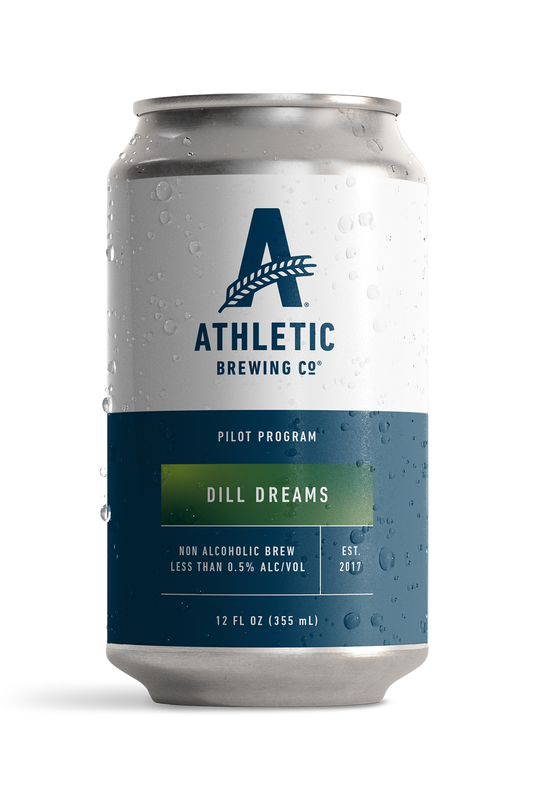

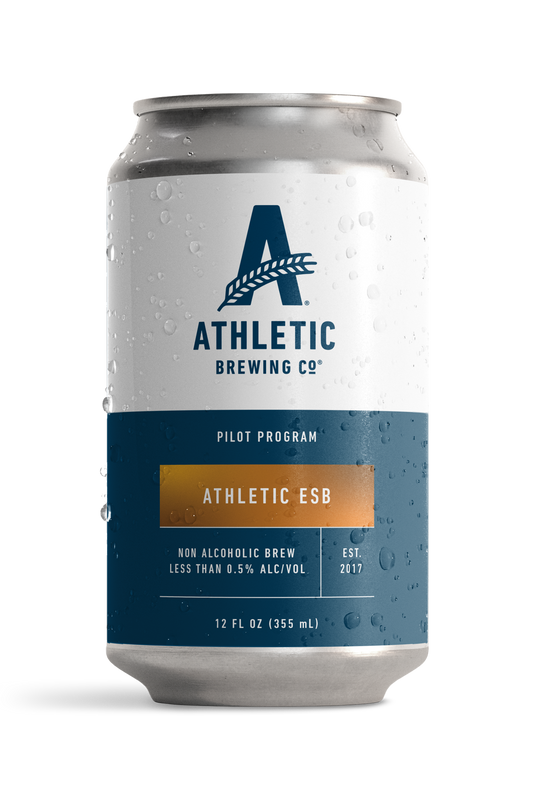
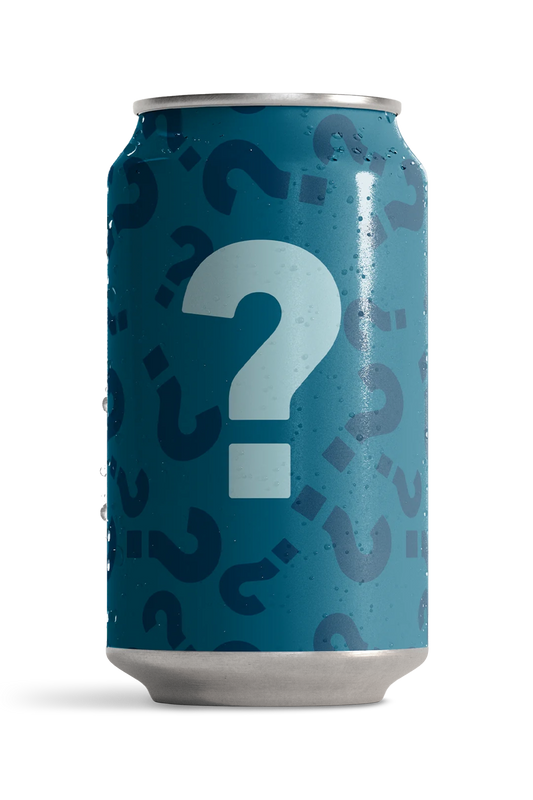
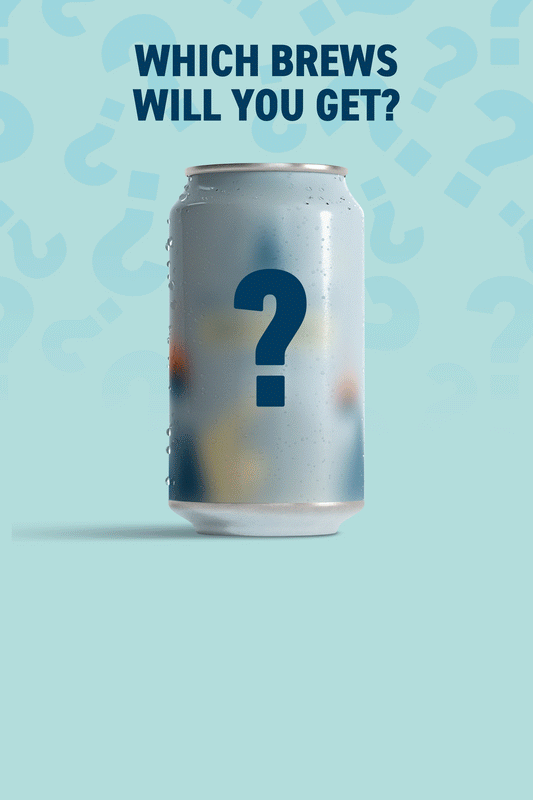
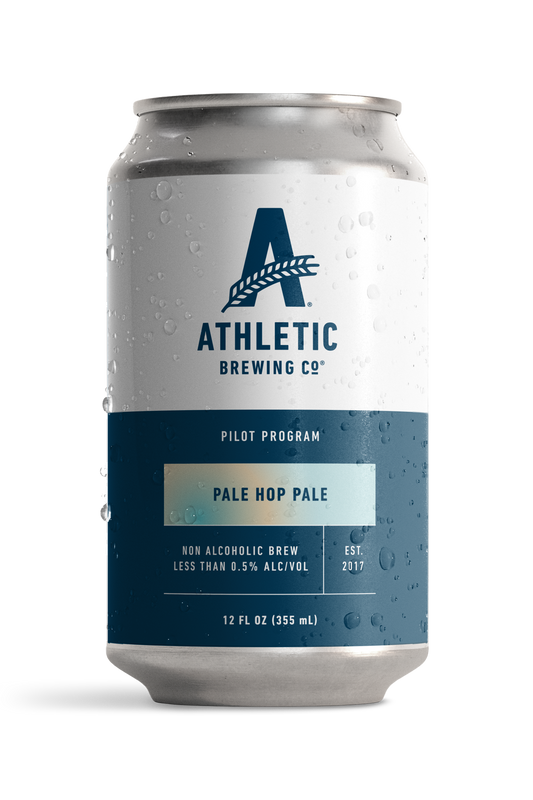
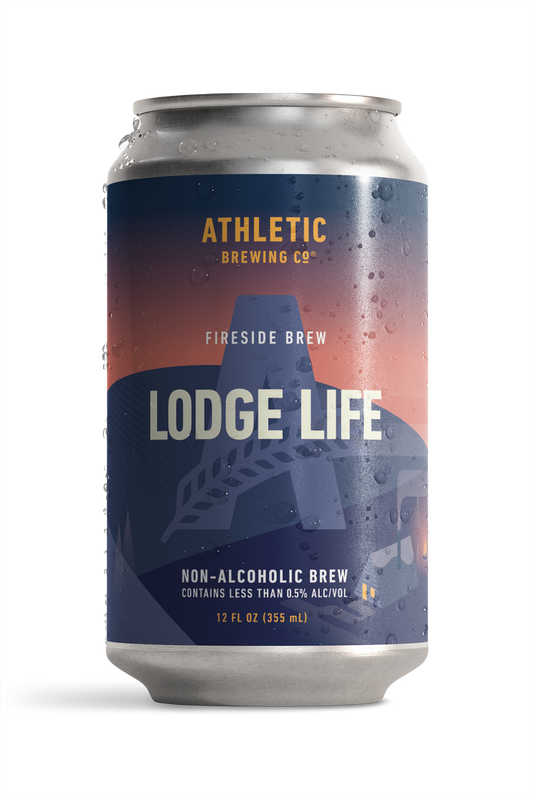
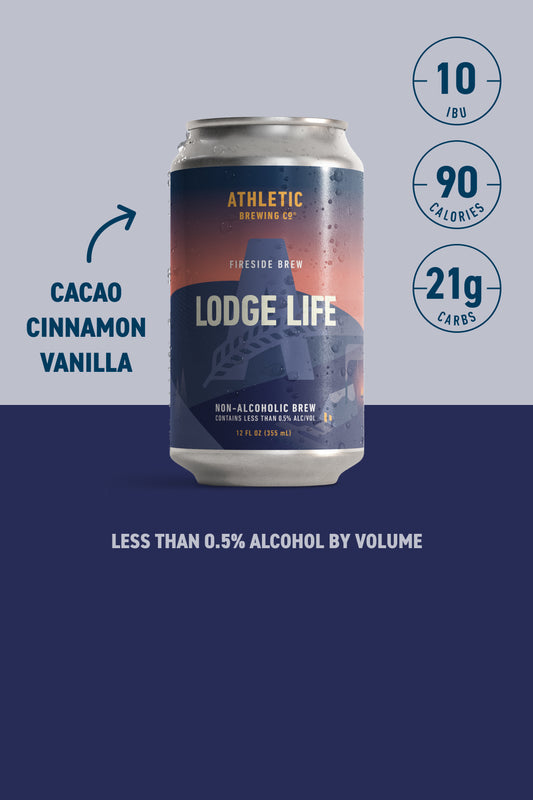
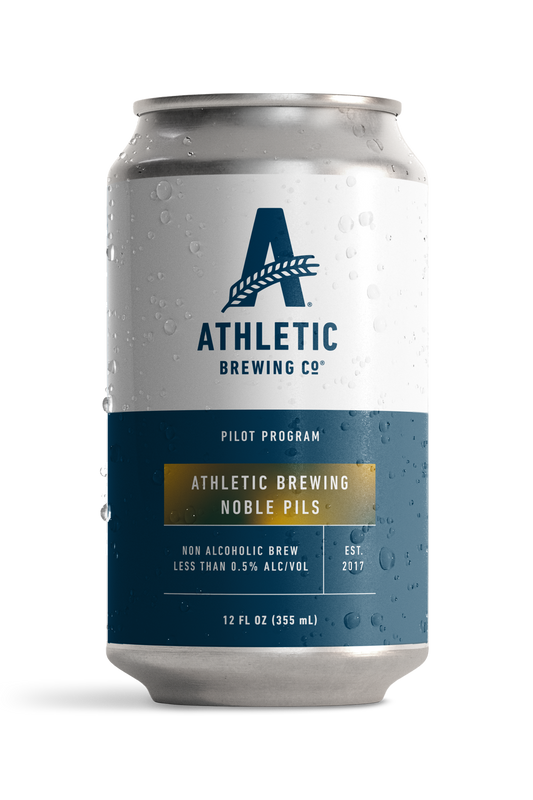

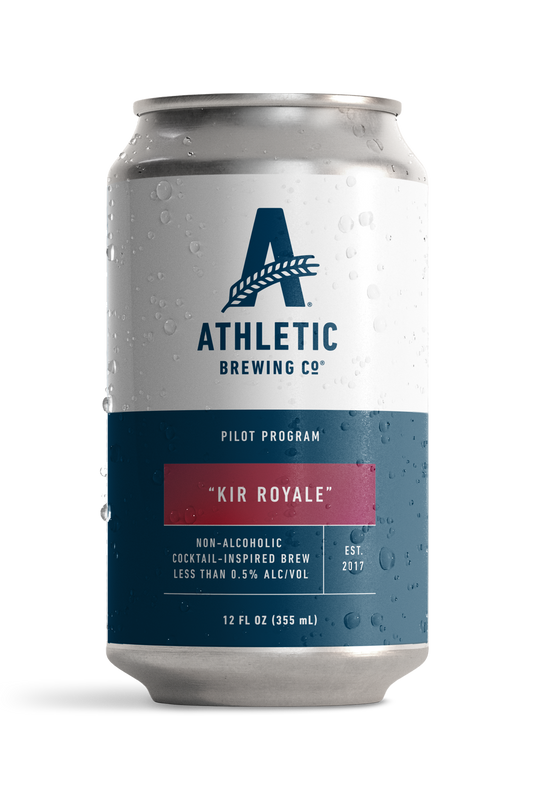

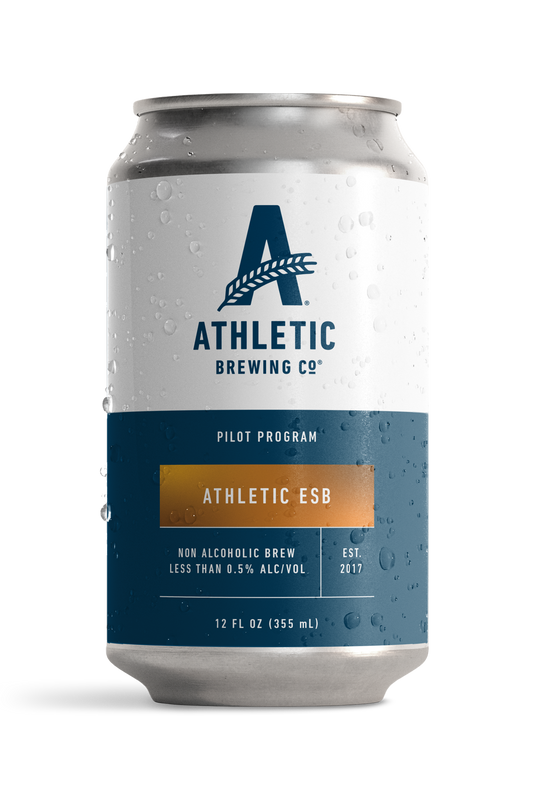
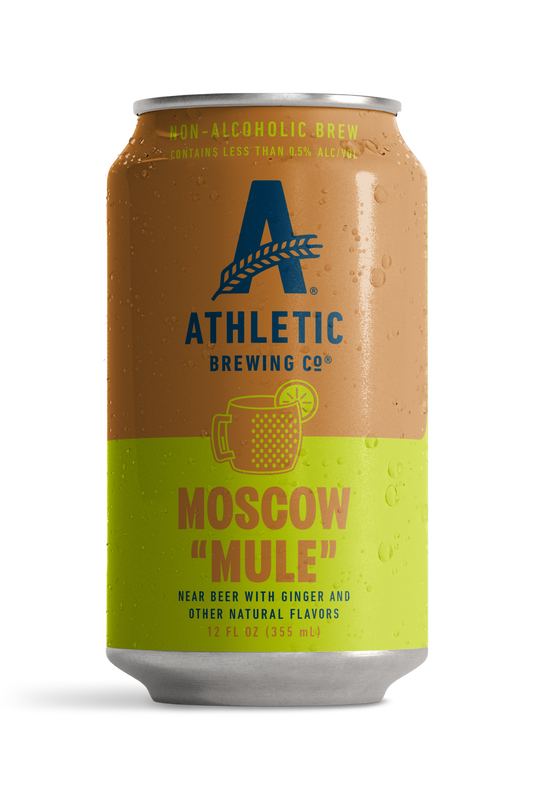
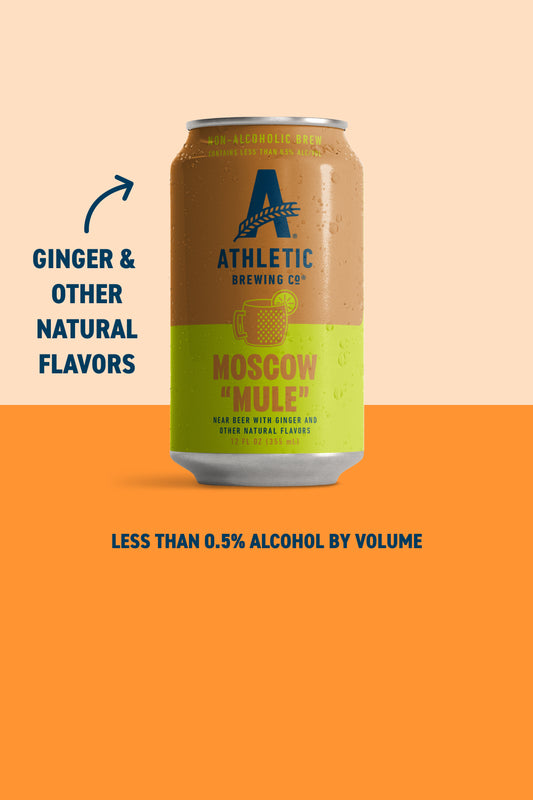
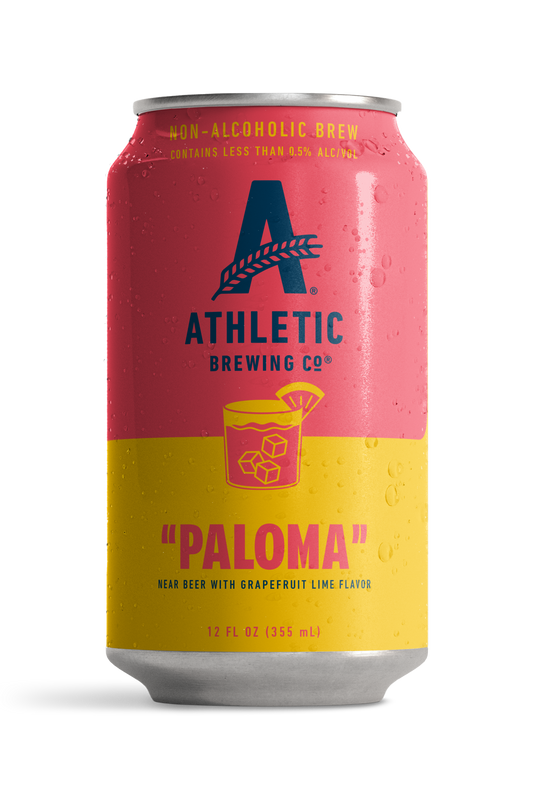
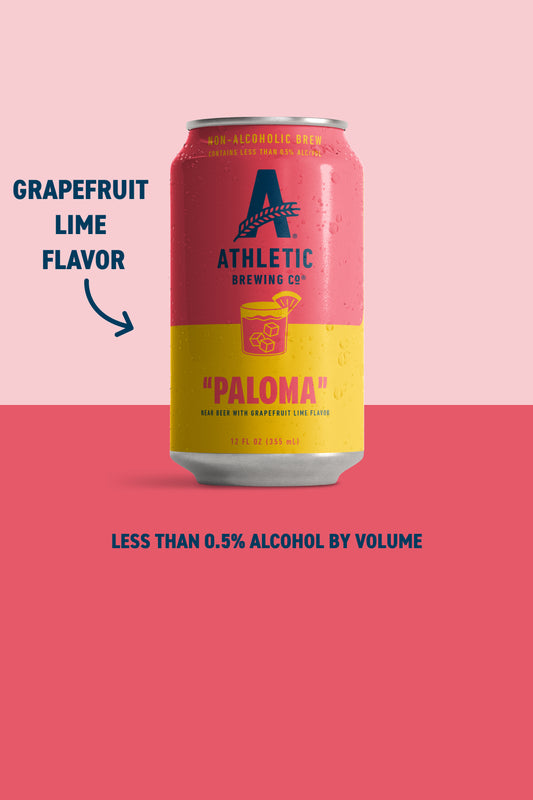
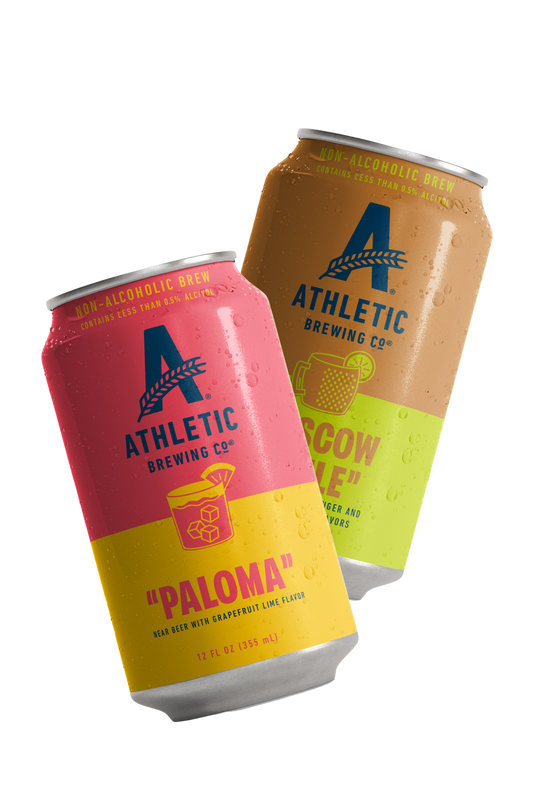
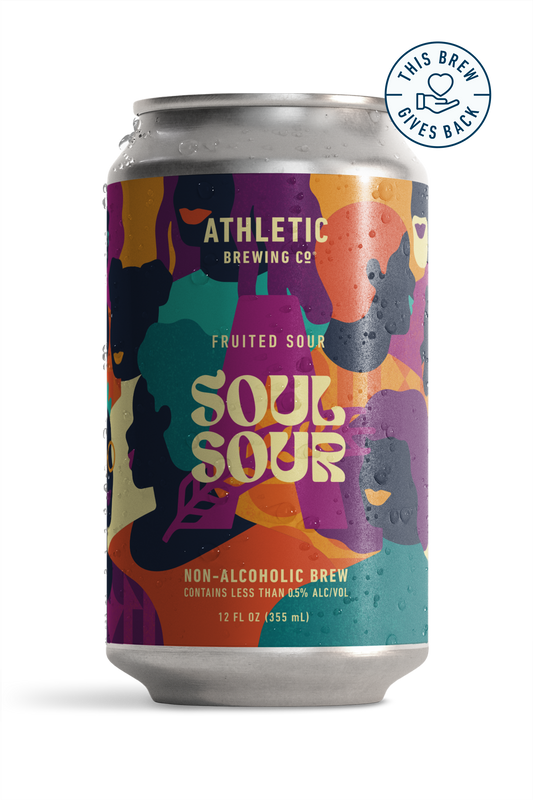
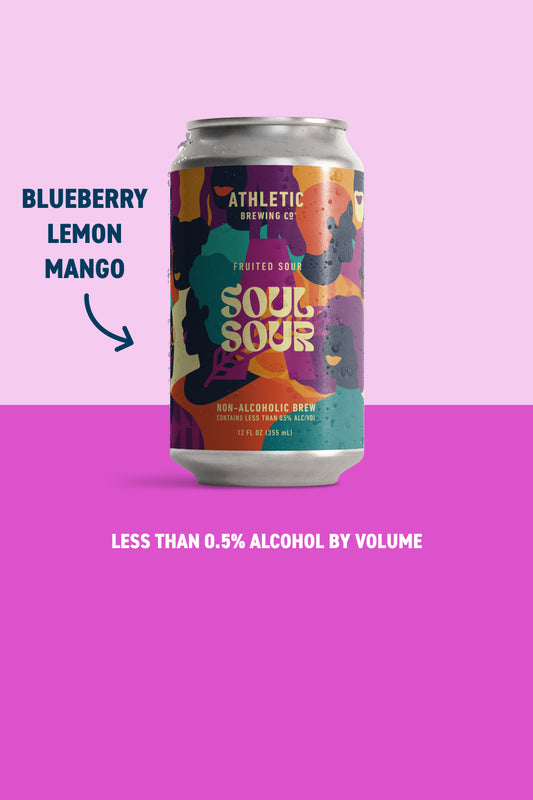









 Your Privacy Choices
Your Privacy Choices







